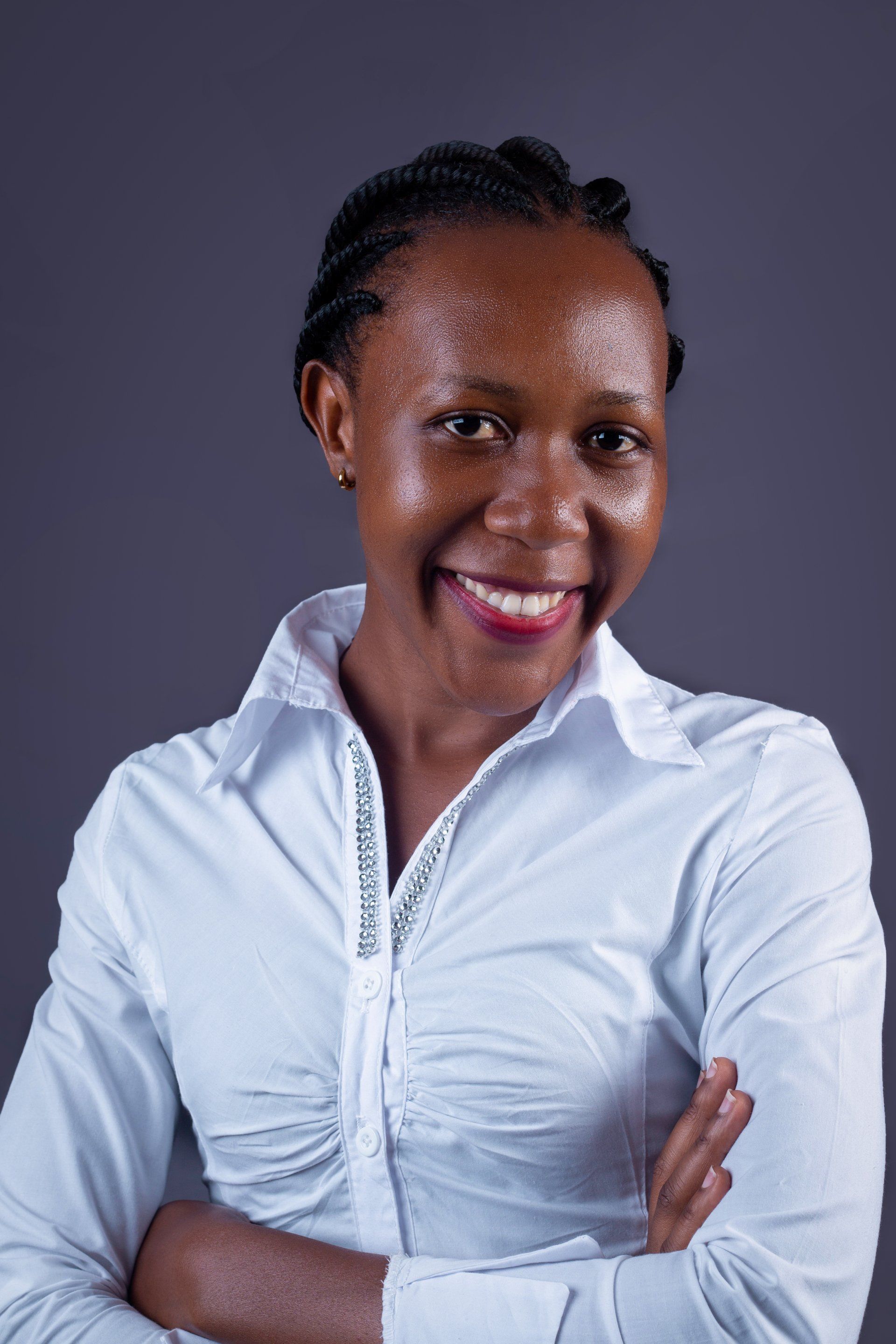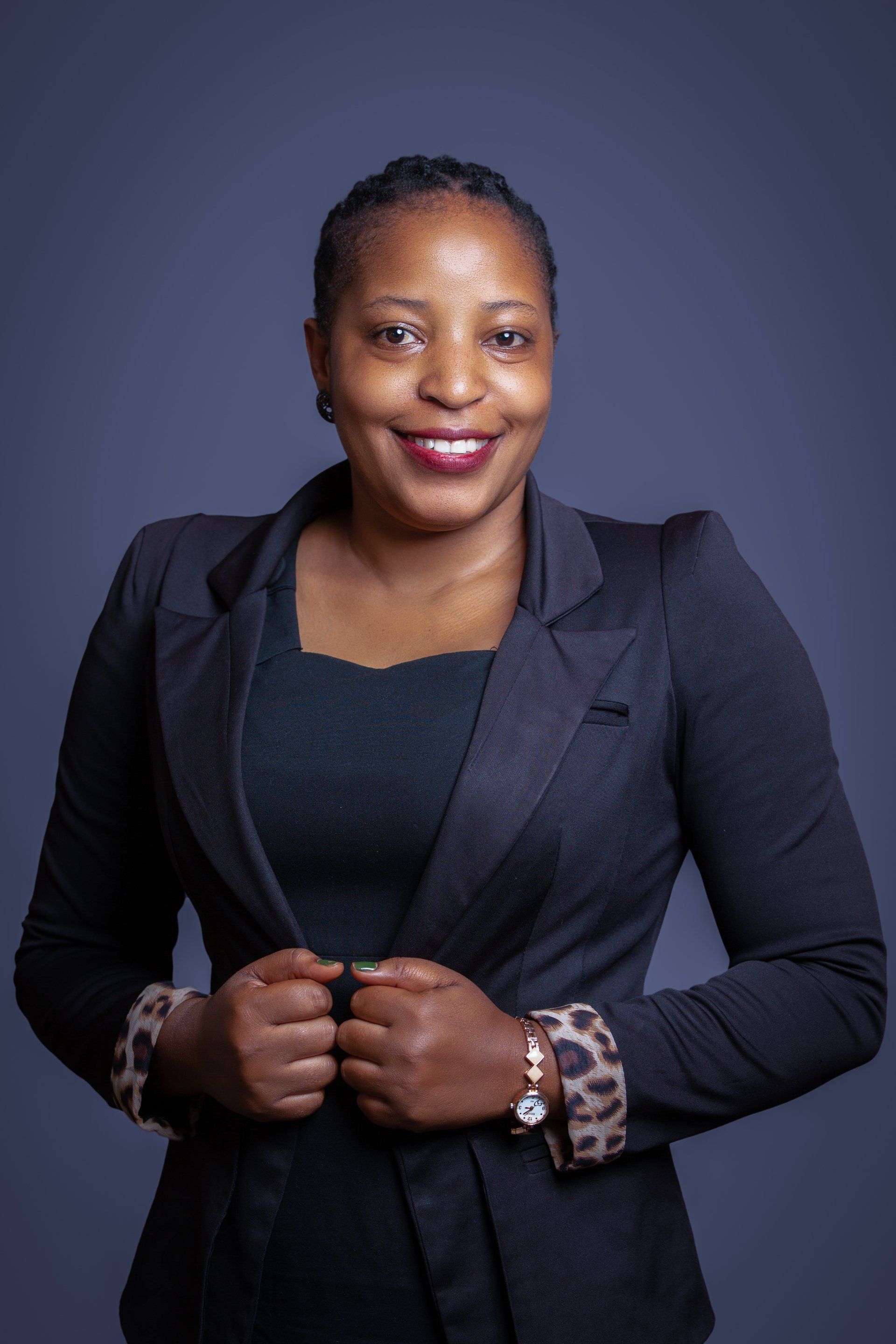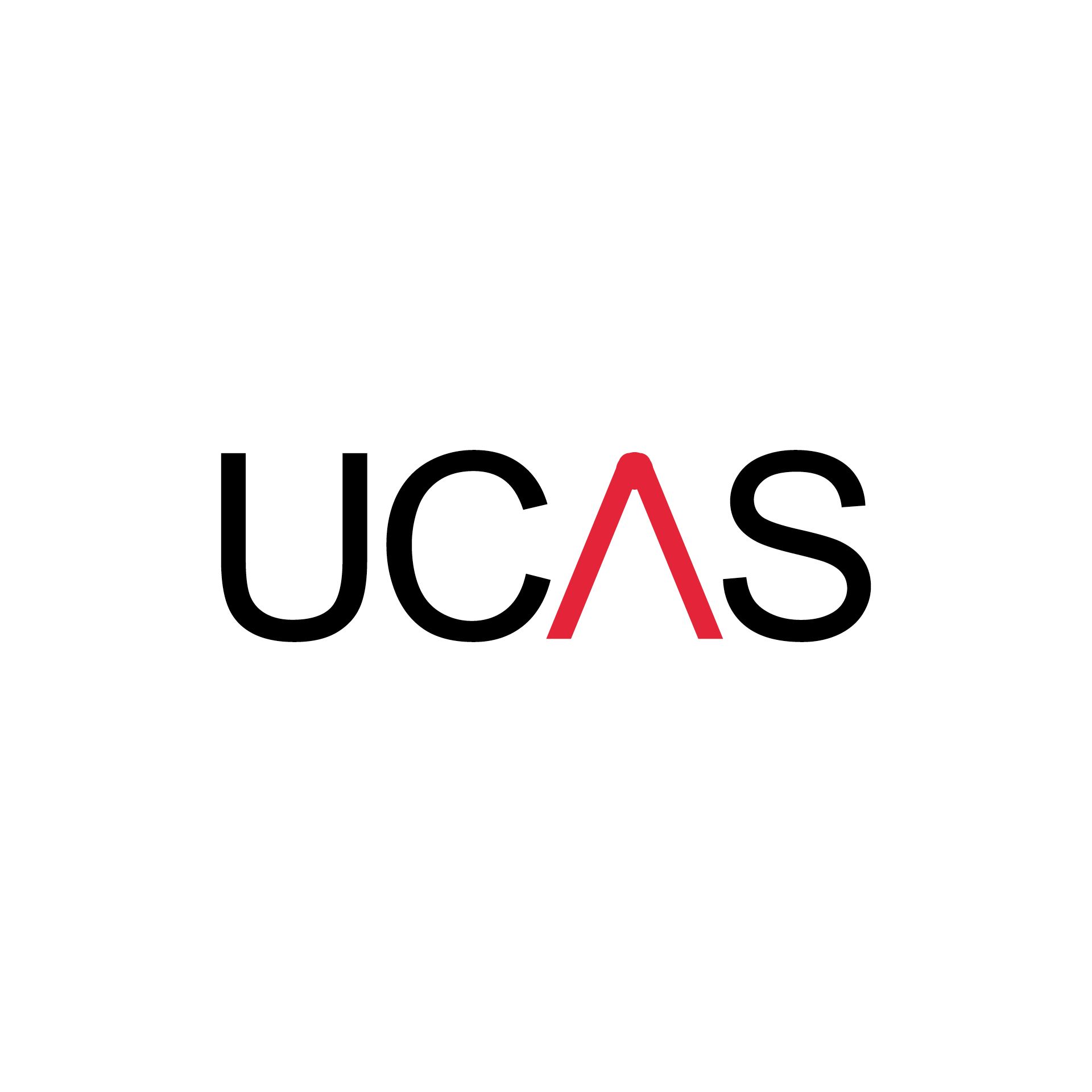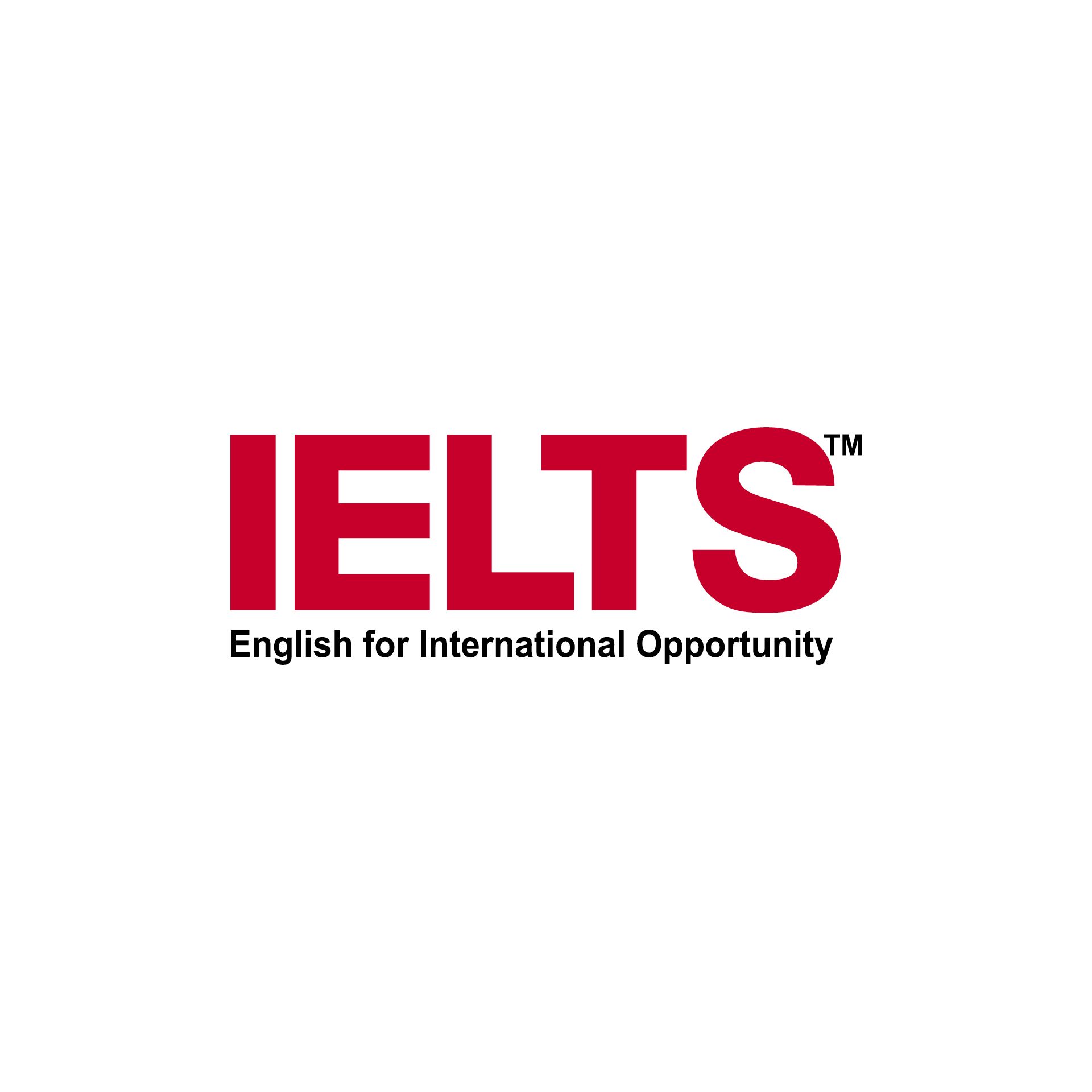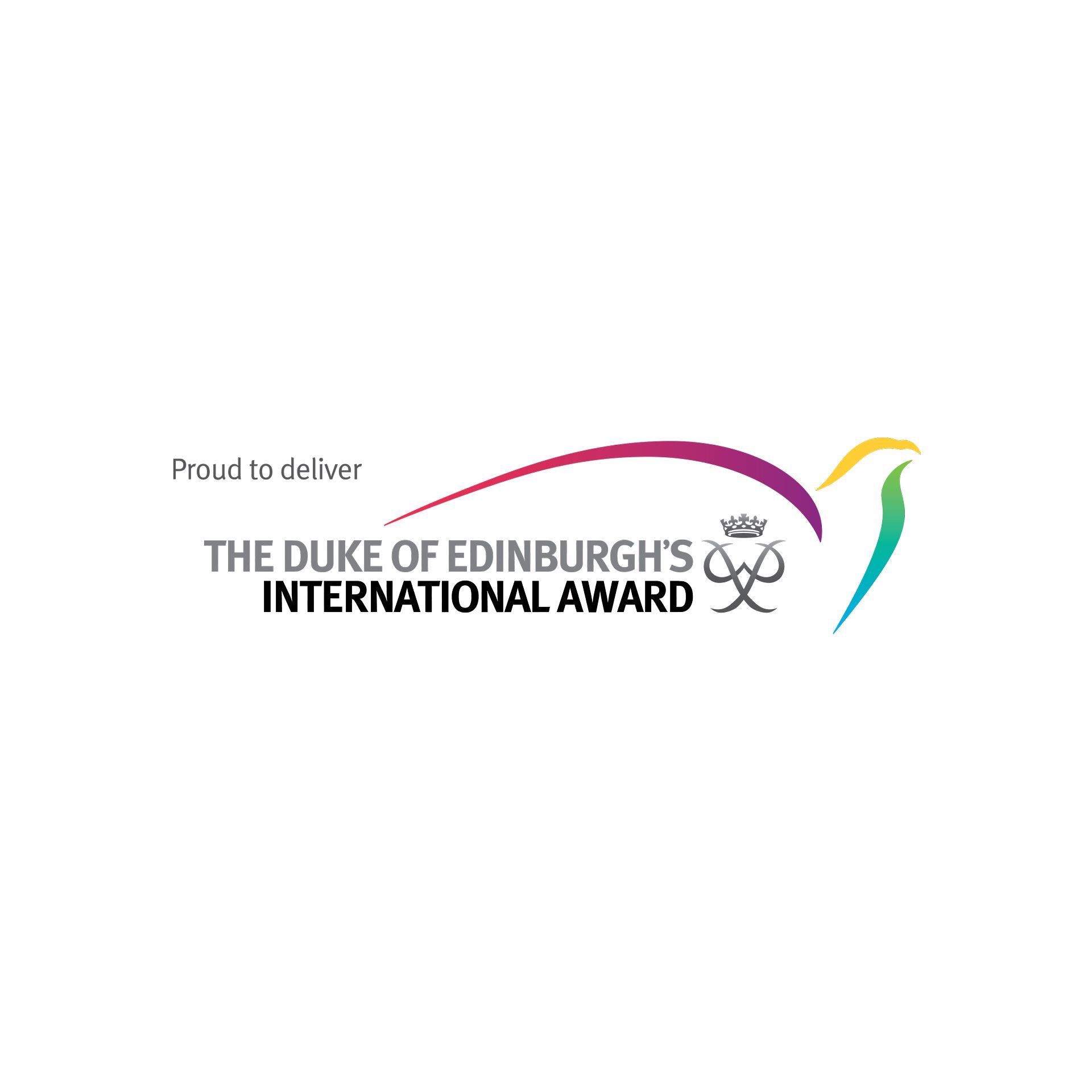EARLY YEARS
City skyline
HEAD TEACHER'S MESSAGE
Cambridge Early Years is a programme for 2.5 - 5-year-olds. It gives young learners the best start in life, helping them meet key early milestones and thrive in and outside school. Cambridge Early Years is the first stage in the Cambridge Pathway, which gives students a clear path to educational success from ages 3-19.
It is a child-centred, play-based learning programme that helps young learners to develop at their own pace. It encourages them to act independently, make their own choices and discover feelings of self-worth.
It includes everything you need for high-quality learning: a holistic, balanced curriculum, engaging classroom resources, Professional Development, and assessment approaches to help you measure your learners’ progress. We believe that Cambridge Early Years works best when you use all programme elements together.
Kabojja International School has created an enabling environment to have all program elements run smoothly. Attention is given to the learning spaces both indoors and outdoors to meet individual learner needs and interests. This enhances each learner to achieve the milestones at his/her own pace within the age group set goals.
We support learners, whatever their level of English with our ESL (English as a Second Language) program applying bilingual or multilingual approaches if learners have a home language other than English. In this, the practitioners’ effort is greatly complemented by the already existing multilingual setting.
Resources are sought from within the country, region and from the different continents. This area needs thorough planning to meet the lesson aid requirements, manipulatives, age-appropriate furniture, technology, library books and other curriculum materials.
Policies: There are policy guidelines in place to guide the school operations. Health and safety policies and Child Protection policies in line with government /Cambridge requirements.
Parental and Community Involvement
There are regular engagements between the parents, and with the wider community. From the calendar of events, all the activities are laid out at the beginning of each term. All the stakeholders have a contribution to make to the realisation of the School Mission.
“To be a Centre for Quality International Education”
Miss Goretti Mbabazi,
Head of Early Years - Cambridge
CURRICULUM
Nursery: The beginners’ class. (Age group is (3 years). More commonly known as Early Years Foundation stage.
Reception class: This is the class after Kindergarten. The age group is (4-5) years old.
Children develop quickly in the early years, and early years practitioners aim to do all they can to help children have the best possible start in life. Children have a right, spelled out in the United Nations Convention on the Rights of the Child, to provision which enables them to develop their personalities, talents and abilities irrespective of ethnicity, culture or religion, home language, family background, learning difficulties
The first step in our early years education is very essential and important and it has been scientifically proven that the pre-school years are the ‘most important’ as they lay the foundations for future learning and success. We blend the English Foundation Stage Curriculum with unique practical sessions, designed to enable children to flourish academically, personally, socially and emotionally
Choosing KIS Early years, means that, as well as being safe and happy, your child will have a head start to his or her education and life.
| Area of Learning and Development | Aspect |
|---|---|
| Prime Areas | |
| Personal, Social and Emotional Development | Making relationships |
| Self-confidence and self-awareness | |
| Managing feelings and behaviour | |
| Physical Development | Moving and handling |
| Health and self-care | |
| Communication and Language | Listening and attention |
| Understanding | |
| Speaking | |
| Specific areas | |
| Literacy | Reading |
| Writing | |
| Mathematics | Numbers, Shape, space and measure |
| Understanding the World | People and communities |
| The world | |
| Technology | |
| Expressive Arts and Design | Exploring and using media and materials |
| Being imaginative |



